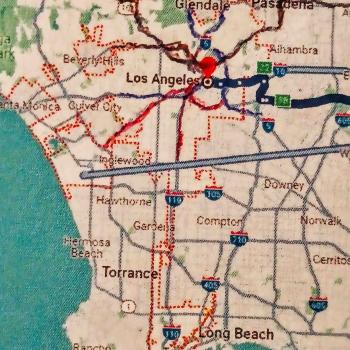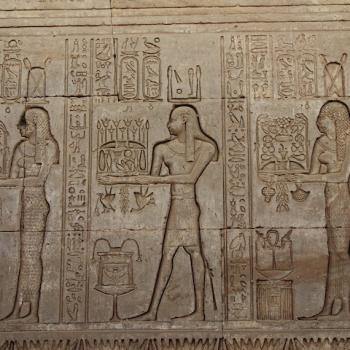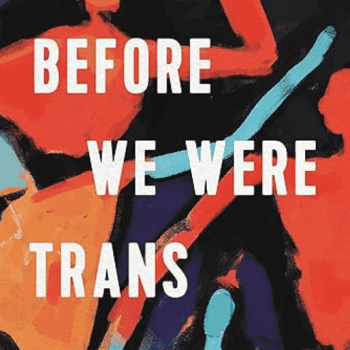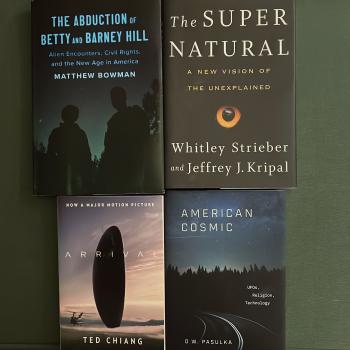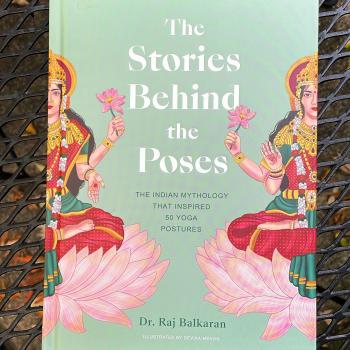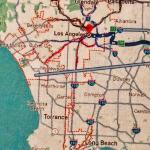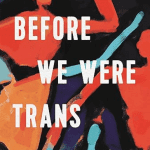Roland Bainton, the 20th-century church historian who taught for many years at Yale, wrote the following famous paragraph about Luther:
Luther took no steps to spread his theses among the people. He was merely inviting scholars to dispute and dignitaries to define, but others surreptitiously translated the theses into German and gave them to the press. In short order they become the talk of Germany. What Karl Barth said of his own unexpected emergence as a reformer could be said equally of Luther, that he was like a man climbing in the darkness a winding staircase in the steeple of an ancient cathedral. In the blackness he reached out to steady himself and his hand laid hold of a rope. He was startled to hear the clanging of a bell.
On October 31, 1517, Martin Luther nailed his “95 Theses” to the door of the castle church in Wittenberg, Germany. His ideas spread exponentially farther and faster than he could have expected due to Johannes Gutenberg’s recently-invented printing press, and helped catalyze the Protestant Reformation. Many churches commemorate this date as an annual reminder that the church is both “reformed and always reforming.”
On Sunday, October 31, 2010, almost five hundred years after Luther, what will you preach? What will you blog? What letter to the editor will you write? Some have claimed that “Google is the new Gutenberg.” If so, then in our interconnected, interdependent, Information Age of e-mail, Facebook, and Twitter — you never know who may read your sermon, who may link to your blog, or who may be influenced by your letter to the editor.
How is the church still in need of reformation? As you form your response, you may feel like a voice crying in the wilderness, reaching out in the dark to steady yourself on a rope, only to be startled to hear the clanging of a bell.
To inspire your reflections, I commend to you Matthew Fox’ “95 Theses or Articles of Faith for a Christianity for the Third Millennium.”





